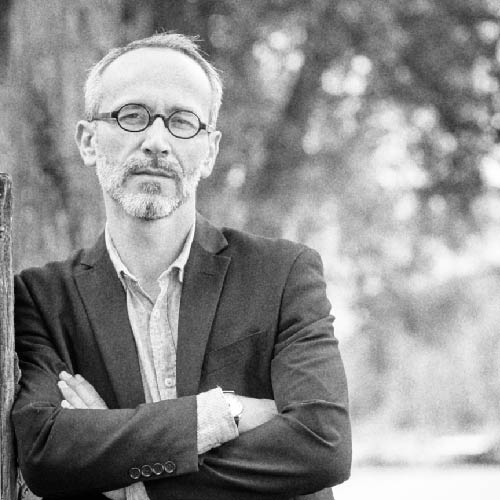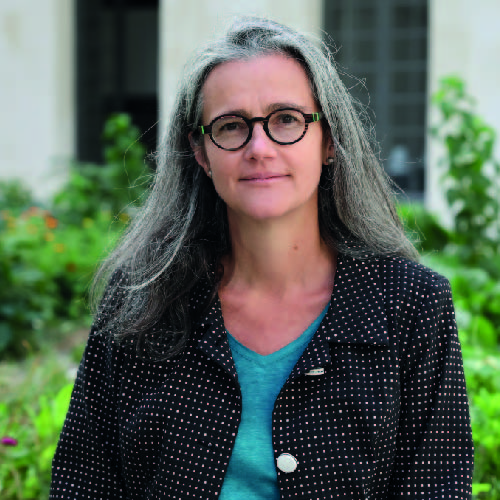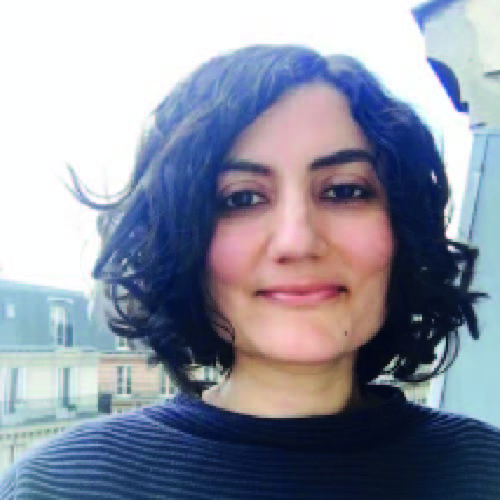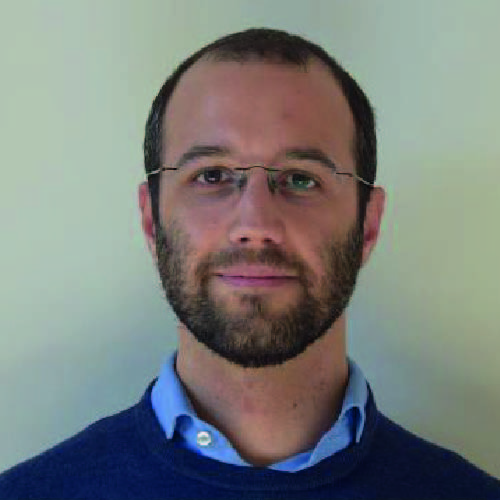AESOP 2024 ANNUAL CONGRESS | ROUNDTABLES
36th AESOP Annual Congress 2024 Paris, France
“GAME CHANGER? Planning for just and sustainable urban regions”
European Values and Spatial Planning
This Roundtable is hosted within Track 13
Organizers :
- Benjamin Davy, University of Johannesburg, Faculty of Law
-
Stefano Cozzolino, ILS – Research Institute for Regional and Urban Development
Speakers:
- Tijana Dabovic, University of Belgrade
- Kang Cao, Zhejiang University
- Claudia Basta, PBL - PBL Netherlands Environmental Assessment Agency
- Anita De Franco, Politecnico di Milano
European values, whether explicitly articulated or shared tacitly, should theoretically represent an identifiable and widely shared 'essence'—guiding principles that ought to shape and inform the political and institutional decisions of the many cities, regions, and countries affected by them. In conversations on planning, European values sometimes are used to block change and social development, but sometimes are used to justify and expedite political reforms. The RT assumes that behind the reassuring label of European values, there is a complexity worth exploring. In this context, the RT participants are encouraged to identify, discuss, criticise, reject, or confirm European values and their impact on spatial planning on the supranational, national, regional, and local level.
Some European values are codified. Article 2 of the Treaty on European Union (consolidated) asserts as founding values of the EU “respect for human dignity, freedom, democracy, equality, the rule of law and respect for human rights, including the rights of persons belonging to minorities.” These values are common, the EU members claim, to “a society in which pluralism, non-discrimination, tolerance, justice, solidarity and equality between women and men prevail”. European values do not only relate to the EU, but among
other things to urban density and morphological forms typical of European cities, a culture of diversity, the lack of a common language, or a dedication to ideas of the Welfare State. A third group of values can be called the European value myths: above all, bureaucratic ‘maldevelopment’, often cursed as Eurocracy (although the EU commission employs a staff of 32,000 – about the same as the City of Vienna – while North Rhine-Westphalia employs 300,000 civil servants). Another myth (immortalised by the 1969 movie “If It’s Tuesday, This Must Be Belgium”) presents Europe as a pretty collection of quaint particularities which never amount to geopolitical power or global influence.
But what would happen, if planners all over Europe would suddenly start to take some of the above-mentioned values (e.g. human dignity, freedom, democracy, equality, the rule of law and respect for human rights) seriously? Is taking European values seriously the game-changer that can ensure and foster more just and sustainable planning at the national, regional, and local levels? Can these values, despite the numerous, sometimes highly controversial, day-to-day compromises in planning, truly and effectively play such a vital role?
LOC
The Local Organising Committee













